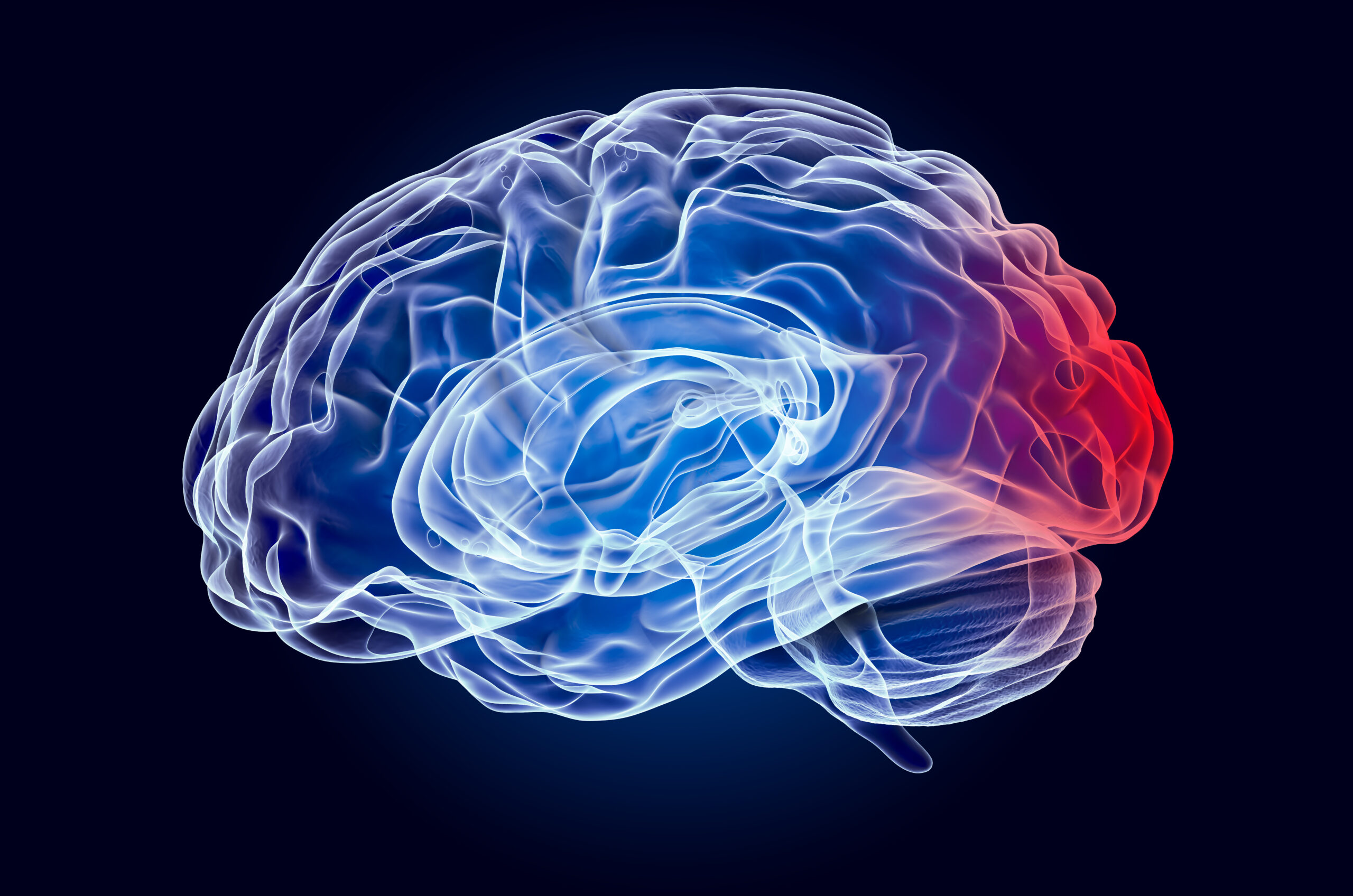Can brain inflammation cause Alzheimer’s?
Brain inflammation is increasingly recognized as a significant factor in Alzheimer’s disease, a condition marked by memory loss and cognitive decline. Recent scientific findings suggest that inflammation in the brain doesn’t just accompany Alzheimer’s but may actively contribute to its development and progression.
Alzheimer’s disease involves the buildup of harmful protein plaques, such as amyloid-beta, in the brain. These plaques trigger certain brain cells called astrocytes to become “reactive.” While astrocytes normally support neurons, when reactive they change their behavior to try clearing these plaques. However, this process can backfire: it leads to excessive production of substances like GABA (an inhibitory neurotransmitter) and toxic molecules such as hydrogen peroxide. These byproducts reduce brain activity and cause further damage to neurons, worsening memory loss[5].
Another key player in this inflammatory response is microglia—the immune cells of the brain. Under normal conditions, microglia help maintain balance by controlling inflammation. But when overactivated by factors like amyloid plaques or other stressors, they can cause chronic neuroinflammation that damages healthy brain cells[2][3]. Research shows that calming these immune cells using chemicals like norepinephrine can reduce harmful inflammation and protect neurons from injury[3].
Excitingly, new treatments are emerging based on blocking or reducing this damaging inflammation. For example, a breakthrough drug has been developed that targets neuroinflammation directly—preserving memory function and potentially altering how Alzheimer’s progresses[1]. Scientists are also exploring molecules involved in immune regulation within the brain as potential therapeutic targets for late-onset Alzheimer’s[4].
In summary:
– Brain inflammation arises from an overactive immune response involving astrocytes and microglia reacting to Alzheimer’s-related damage.
– This chronic inflammation contributes directly to neuron death and cognitive decline.
– Controlling or blocking neuroinflammation offers promising avenues for slowing or reversing Alzheimer’s symptoms.
Thus, while Alzheimer’s is complex with many causes including genetics and aging processes, mounting evidence clearly shows that **brain inflammation plays a crucial role** in causing or accelerating the disease.
Understanding how inflammatory processes work inside our brains opens up hope for better treatments aimed at calming this damaging response—and ultimately protecting memory and thinking abilities longer into old age.





